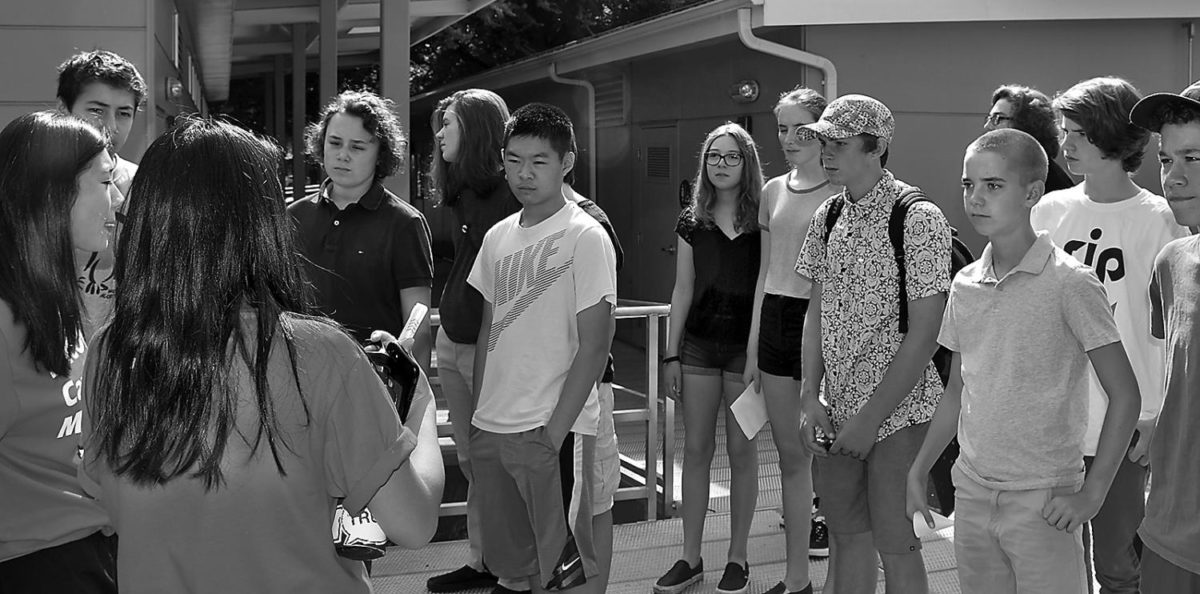How to adjust to high school
Coming into a school with more than 1,700 students and high academic expectations can be very hard. Lincoln has both of those, with a reputation for highly skilled teachers, phenomenal programs and classes, and highly proficient academics.
This combination can lead to a lot of anxiety on the part of incoming students. The Cardinal Times talked to freshmen at the end of last year to get their advice for this year’s incoming class.
“I was intimidated. I didn’t know what to expect, and I heard a lot of mixed emotions from others,” said Emma Stanton, now a sophomore at Lincoln.
However, before long she found that jumping into activities and getting to know people helped ease her fears. Her experience was similar to what many incoming students discover.
In time Stanton found out how much she enjoyed high school. She found herself involved with swimming where she earned a varsity letter and set records for her age. She also continued dancing year around on an extremely competitive and successful dance company, earning countless accomplishments.
“It’s important to get involved with your school,” she mentioned as advice for the transition. Stanton, along with Kylla Lafleur, started a successful club called “Kids 4 Kids” during their freshman year. The club raised $625 for the Doernbecher Foundation during one of the fundraisers. They also created more than 100 Valentine’s day cards for patients.
Along with the fun, Stanton also described her freshman year as “stressful” due to the demanding academics.
Kara Wendel, a freshman English and IB English teacher at Lincoln, acknowledged that the transition to a school like Lincoln can be hard.
“It’s a bit of a jump from middle school,” she said. Wendel stresses that prioritization and organization is key. She recommends using a planner or coming up with a system that allows maximum organization.
Wendel also said that getting support and asking teachers questions is crucial. A good way to do that is to take advantage of FLEX times. FLEX– classroom time with no formal instruction– is meant to allow students to meet with their teachers, so it is important to use it to the students’ advantage, she said.

